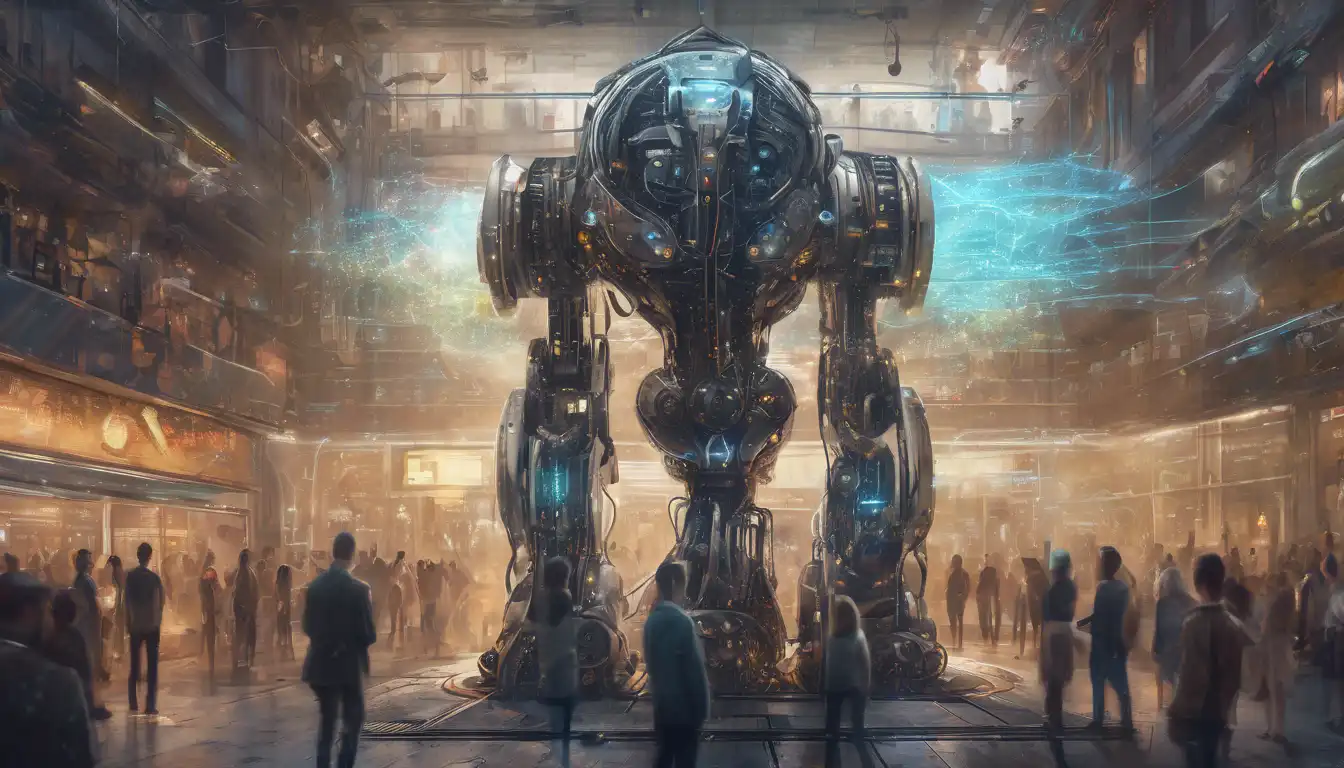The Role of Machine Learning in Enhancing Recommendation Systems
In today's digital age, machine learning (ML) has become a cornerstone in the development of sophisticated recommendation systems. These systems are everywhere, from the movies Netflix suggests to the products Amazon recommends. But how exactly does machine learning power these recommendations? Let's dive into the mechanics behind the scenes.
Understanding Recommendation Systems
Recommendation systems are algorithms designed to suggest relevant items to users based on various data points. These can range from your past behavior, similar users' preferences, or even the items' characteristics. Machine learning takes these systems to the next level by enabling them to learn from data, improve over time, and make increasingly accurate predictions.
Types of Machine Learning in Recommendations
There are primarily two types of machine learning models used in recommendation systems:
- Collaborative Filtering: This approach makes recommendations based on the preferences of similar users. It's like getting book recommendations from a friend who shares your taste in literature.
- Content-Based Filtering: This method recommends items similar to those a user has liked in the past. For example, if you've watched several sci-fi movies, the system will suggest more titles from the same genre.
The Power of Deep Learning
Deep learning, a subset of machine learning, has further revolutionized recommendation systems. By processing vast amounts of data and identifying complex patterns, deep learning models can predict user preferences with remarkable accuracy. This is particularly useful in platforms with extensive catalogs, such as Spotify or YouTube.
Challenges and Solutions
Despite their effectiveness, machine learning-based recommendation systems face challenges like the cold start problem, where the system has insufficient data to make recommendations for new users or items. Solutions include hybrid models that combine collaborative and content-based filtering, and leveraging auxiliary data to enrich the learning process.
Future Trends
The future of recommendation systems lies in the integration of more advanced AI technologies, such as natural language processing (NLP) and computer vision, to understand and predict user preferences better. Additionally, the emphasis on privacy and ethical considerations will shape how these systems evolve.
Machine learning is undeniably powering the next generation of recommendation systems, making them more personalized, efficient, and intelligent. As technology advances, we can expect these systems to become even more integrated into our daily lives, offering recommendations that are not just relevant but also contextually aware.
For more insights into how AI and machine learning are transforming industries, check out our related articles.
